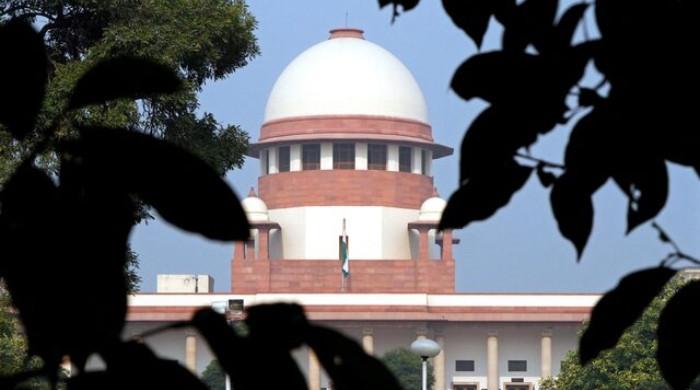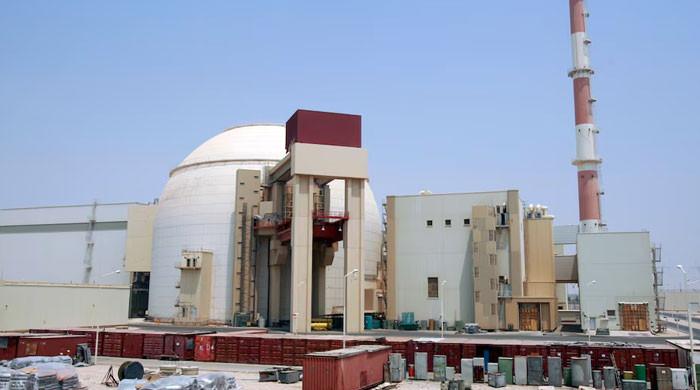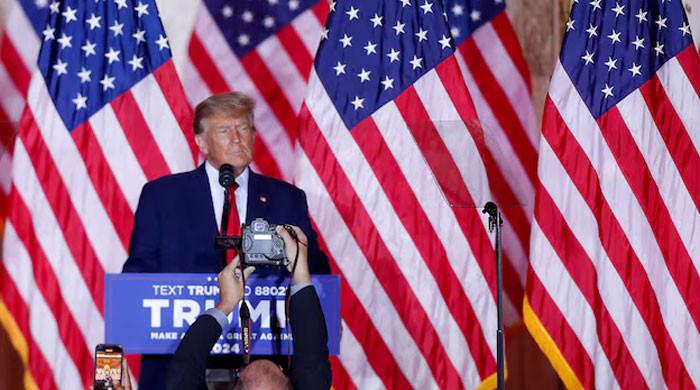Biden administration aims at shutting down Guantanamo prison: White House
Move signals a new effort to remove what human rights advocates have called a stain on America’s global image
February 12, 2021
The Biden administration has launched a formal review of the future of the US military prison at Guantanamo Bay in Cuba with the goal of reviving efforts to close the controversial facility, a White House official said on Friday.
Aides involved in internal discussions are considering an executive action to be signed by President Joe Biden in coming weeks or months, two people familiar with the matter told Reuters, signaling a new effort to remove what human rights advocates have called a stain on America’s global image.
"We are undertaking an NSC process to assess the current state of play that the Biden administration has inherited from the previous administration, in line with our broader goal of closing Guantanamo," National Security Council spokeswoman Emily Horne told Reuters.
"The NSC will work closely with the Departments of Defense, State, and Justice to make progress toward closing the GTMO facility, and also in close consultation with Congress," she added.
Such an initiative, however, is unlikely to bring down the curtain anytime soon on the high-security facility located at the Guantanamo Naval Station.
Set up to house foreign suspects following the September 11, 2001, attacks on New York and Washington, the facility came to symbolise the excesses of the US “war on terror” because of harsh interrogation methods that critics say amounted to torture.
The immediate impact, however, could be to reinstate, in some form, the Guantanamo closure policy of Biden’s old boss, former President Barack Obama, which was reversed by Donald Trump as soon as he took office in 2017.
Trump kept the offshore prison open during his four years in the White House — though he never loaded it up with “bad dudes,” as he once vowed. Now, 40 prisoners remain, most held for nearly two decades without being charged or tried.
Biden’s campaign said during the 2020 race that he continued to support closing the detention center but did not say how he would do it.
It is also unclear how specific Biden’s coming executive action might be about his plans for the prison, which holds suspects in the September 11 attacks among its detainee population.
Signaling that the process is still at an early stage, Horne said "a number of key policy roles still need to be filled within the interagency, including confirming sub-Cabinet policy roles at the Defense, State, and Justice Departments."
"There will be a robust interagency process to move forward on this but we need to have the right people seated to do this important work," she said.
Biden, who was Obama’s vice president, can expect to face many of the same steep political, legal and diplomatic obstacles that frustrated his former boss.
Former President George W. Bush opened the prison and its population grew to a peak of about 800 inmates before it started to shrink. Obama whittled down the number further but his effort to close the prison was stymied largely by Republican opposition in Congress.
The federal government is still barred by law from transferring any inmates to prisons on the US mainland. Even with his own Democratic party now controlling Congress, their majorities are so slim that Biden would face a tough challenge securing legislative changes because some Democrats might also oppose them.











